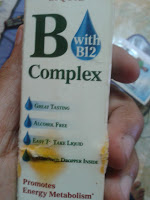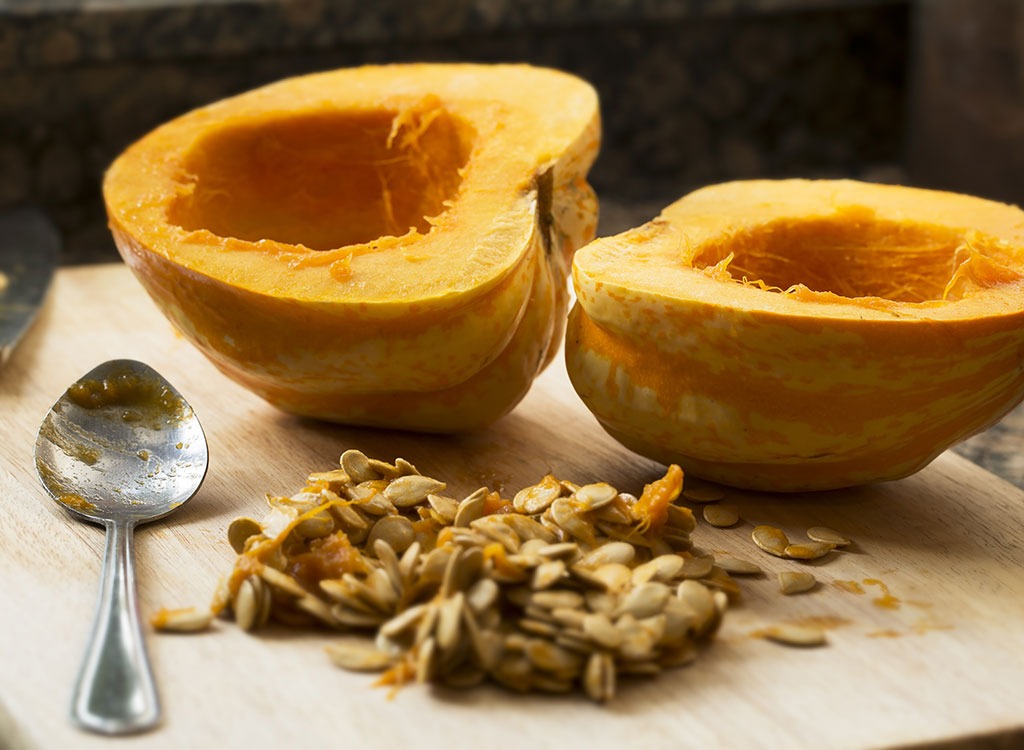Diet After Cholecystectomy
In persons with post-cholecystectomy syndrome, bile floods into the digestive tract, usually after a meal high in fat. This bile intensely irritates the intestinal lining, rendering it unable to absorb water normally, which leads to diarrhea. The type of diarrhea experienced by those with post-cholecystectomy syndrome is usually very sudden and of high intensity. People report being unable to get to a toilet in time.
More than 500,000 patients undergo removal of their gallstones and gallbladders every year in the United States, making cholecystectomy one of the most commonly performed major abdominal surgical operations. In 85 to 90 percent of cholecystectomies, the operation can be performed laparoscopically, using multiple small "band-aid" incisions instead of the traditional large (and more painful) upper abdominal incision.
Gallstone dieting is one the newest treatments for flushing and passing gallstones. Part of the reason is because many people would like to avoid gallbladder surgery, also called a cholecystectomy. Another part of the reason is most people know that these surgeries are one of the most common surgeries in America and most of them are unneeded and very expensive. And finally, many natural health experts are now suggesting how your diet can help prevent and flush this common problem.
Most natural health doctors and some traditional doctors would disagree with the practice of gallbladder surgeries, also called cholecystectomies. Often times, doctors don't think twice about sending their patients to surgery to remove their organ. However, recent research showing that this type of surgery increases the risk of bowel and colon cancers.
Sometimes the gallstones are localized inside the bile ducts, and so, before the surgery a gastroenterologist will use endoscopic retrograde cholangiopancreatography to find and extract the gallstones. The doctor can find the gallstones with the help of the endoscope and a special dye which enlightens the bile ducts and shown on a monitor the gallstone's location. The gallstone is removed with the help of a tiny basket attached to the endoscope which is guided through the stomach and into the small intestine.
Many doctors suggest a cholecystectomy after one gallstone attack. Some doctors recommend after a couple gallstone formations. And many natural health doctors will only recommend surgery after repeated attempts to pass the stones naturally. The reason behind the ambiguity is there is not much longitudinal research about the effects of missing the organ, the gallbladder. Many people seem to function normally without their gallbladder. Yet there are horror stories of other people's bodies not being able to function properly.
Into the small intestine by slender ducts from the gall bladder is collected bile. If these ducts are blocked by the gallstones can appear pains and serious complications like nausea and vomiting, infection of the gall bladder (cholecystitis), jaundice since bile enters the bloodstream instead of the digestive system, inflammation of the pancreas (pancreatitis), infections of the liver, cancer of the gall bladder which occurs rarely.
-
How To Be Your Own Weight Loss Success Story!
Often weight loss seems just out of our
-
How to Lose Weight Fast and Safe at the Comfort of Your Home
It has never been an easy task to lose w
-
Start Living A Healthy Life With The Help Of A Good Weight Loss Program.
In todays world obesity rates are constantly growing due to unhealthy
-
BistroMD Professional review – Home Weight loss diet Delivery Company
The majority of us living a busy lifestyle prefer to have food deliver
-
Spice Up Your Diet for Weight Loss
While we search the internet and scour through health columns in se
-
How To Get Off A Weight Loss Plateau
One of the worst feelings you can have when you are dieting is when y
- DON'T MISS
- The Asian Diet
- Is a Low Metabolism Keeping You Fat? Find Out The Truth
- Eat to Lose Weight + Live Longer
- Weight Training Tips for Women
- These 3 Changes Helped JaLisa Maxwell Lose 65 Pounds!
- Top Secrets For Successful Fat Loss
- Why People Become Overweight
- Microwaving Kills Food Nutrients? 9 Health Myths Busted
- How to Lose Weight in a Week – Insane New Tips
- How To Reverse Aging Through pH Balancing and Oxygenation




